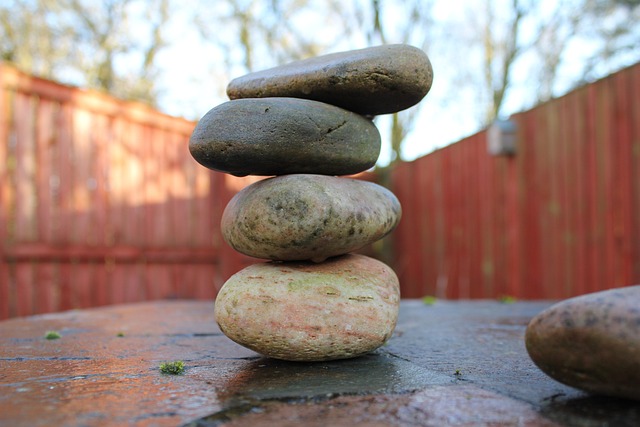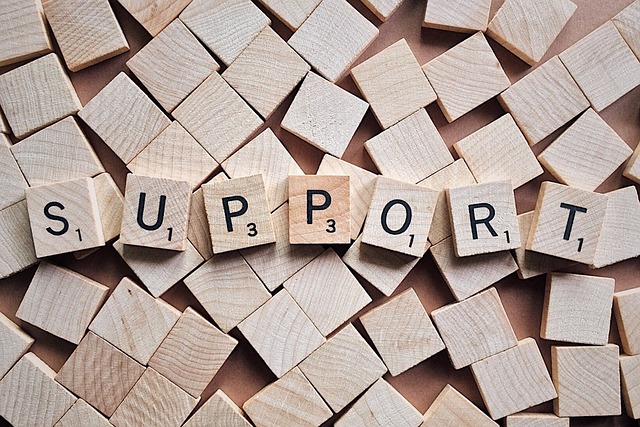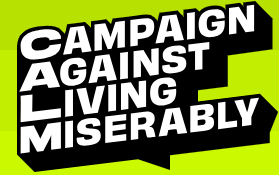Wellbeing Resources for Parents and Carers
When your child is struggling, for whatever reason, it can be difficult to know where to go for help. There are lots of sources of support available, but it isn't always easy to know what are the first steps to take. At Copleston, we will do whatever we can within school, as well as signposting you to appropriate sources of support outside school. You can contact any member of the safeguarding team or your child's Leader of Learning or Form tutor. Sometimes, you might just want some advice about how best to support your child at home. This page aims to provide you with a list of resources and helpful advice.
As a parent or carer, it is important to take care of your own wellbeing too. Just like the aeroplane analogy of putting on your own oxygen mask before helping others, you are much better able to support your children if you feel supported yourself. You will find resources on this page to support you with this.
If you are looking for resources that your child can access directly, please see our Wellbeing Resources for Students page.

My Child seems to be struggling. What questions should I be asking?
If you have noticed a sudden change in your child's mood or behaviour, here is a quick checklist of conversations you might want to have with them as a starting point for offering support:
- How are things going at school? - Are they coping ok with the work? Are they completing homework and do they know how to access the resources they need to complete this? Are they enjoying their lessons? You could look at their timetable with them and ask them about subjects they enjoy more or less.
- Who are their friends? - Do they have a supportive group of friends and do they have opportunities to socialise with them? Have they changed their friends recently and are they spending more or less time with certain people? Are they being bullied or having issues with particular friends or people they know? What about relationships? Do they have a boyfriend or girlfriend? Do you have open conversations about who they might like?
- How are they feeling? - Children and young people aren't always good at identifying how they are feeling and hormone changes can mean that they are navigating sudden mood swings or new emotions or ways of responding to situations. This is all normal, but they still need support to find their way through! If they seem particularly low, angry or sad, it might be a sign that something is wrong and you need to seek support.
- Are they looking after their physical health? - Are they eating proper meals at home and at school and getting a good balance of nutrition? Are they drinking enough? Are thy doing enough exercise? If not, what are the barriers to this?
- What are they doing online? - It is important to know what your child is doing online, what websites they might be visiting and what social media platforms they are engaging with. As they get older, they with inevitably develop more independence on this, but it is important to have conversations about what is healthy. Are they spending too much time scrolling and/or looking at negative news? Is their sense of self/body image being adversely affected by what they are seeing online? Are they accessing inappropriate or concerning content?
- How do they spend their free time? - Having hobbies and interests can have a huge impact on wellbeing. Does your child have things that interest them? These don't need to be expensive hobbies. Going for regular walks or other forms of exercise, reading interesting books, looking after a pet or doing a craft activity can all have a positive impact on wellbeing.
- Is anything worrying them or making them unhappy? - We all have things that temporarily cause upset or stress, and these are usually quickly forgotten. However, children and young people are still making sense of the world and may worry more about things that adults might not. Talking to your child about events in the news as well as their day-to-day lives will give them an opportunity to talk openly about concerns.

I'm concerned and I need more support. What should I do now?
There are lots of sources of support available. If you are concerned about your child's mental or physical health, the first point of contact should be your family GP who can provide direct help and advice, or signpost you or your child to further support. If you are concerned about their behaviour or general wellbeing, you can contact the safeguarding team or your child's Leader of Learning or Form Tutor. We will do our best to support with any issues within school, but can also signpost you to additional sources of support.
 IMPORTANT
IMPORTANT
Remember that if you believe your child is at immediate risk of harm, you should dial 999 and contact the emergency services rather than waiting to call your GP or contact the school.
The websites below will also provide you with lots of helpful advice and contacts. Our Useful Links page has a huge number of additional websites relating to specific issues such as self-harm and suicidal thoughts.
What about my own mental health and wellbeing?
Some of the websites below are aimed at supporting adults/parents/carers with their own mental health and also provide helplines you can call. Remember that you can also seek help from your GP.

Useful websites and external sources of support
The following websites offer direct advice but most of them also have sources of support such as helplines or a messaging service. Remember that our Wellbeing Support for Students page also has resources that students can access directly.
TO SUPPORT YOU IN PARENTING:

The young people's section of the Anna Freud centre website has a lots of resources to support with mental health in young people.

Anxiety UK offers support for both adults and children in dealing with anxiety, so you will find resources and support here, whether you are seeking help for yourself or for your child. There is also a helpline.

The NHS Self-help website has lots of information to support both you and your child in taking their own positive steps towards better mental health and wellbeing. There is also guidance as to how to seek urgent help.

DAD Info is a website to support fathers with their own wellbeing and with parenting. There are forums you can join to get advice or share experiences with other Dads.

Papyrus UK has produced a pdf guide to self-harm and suicide in young people. If you are aware that your child is self-harming or having suicidal thoughts, it is important to seek help, but this simple guide will help you understand their behaviour and what YOU can do to support them.
TO SUPPORT YOUR OWN WELLBEING:

The Anna Freud Centre has a whole area of their website dedicated to parental /carer wellbeing and self-care with lots of advice and resources.

The Action for Happiness app will send daily tips and reminders to your phone relating to self-care, well-being and happiness.

The NHS Live Well website has advice about aspects of wellbeing such as healthy eating, sleep, exercise, stopping smoking, alcohol addiction and sexual health.

The Samaritans are well-known for their 24 hour helpline (which you can call free on 116 123) but also have other ways to get in touch if you don't feel comfortable speaking to somebody, such as by text, e-mail or letter.

The Campaign Against Living Miserably website has advice and sources of support as well as an evening emergency helpline and a webchat for anybody who needs support.

Shout is a free 24/7 text service providing support and advice whenever you need it.







